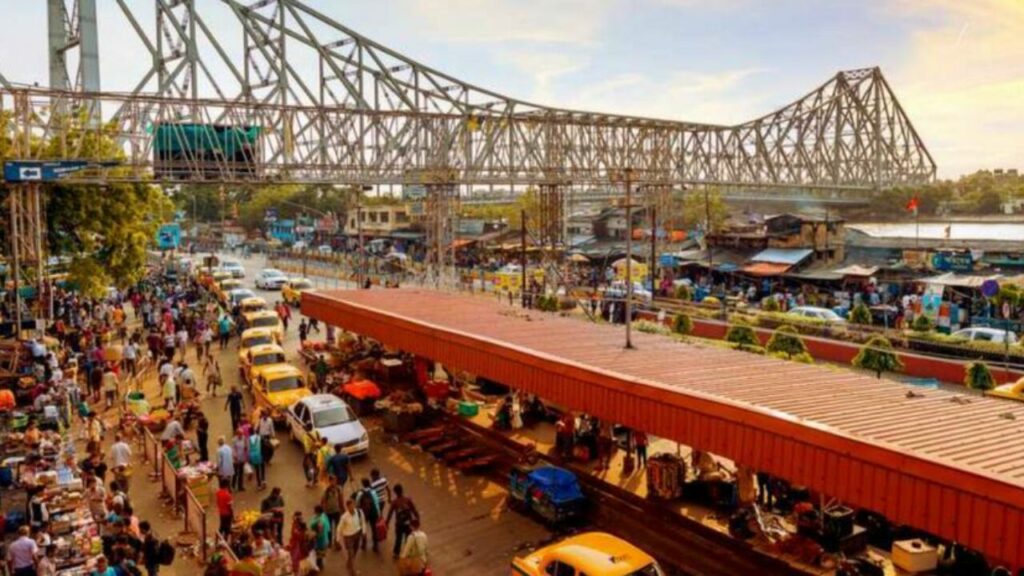With 56% of Kolkata’s population relying on buses for daily commuting, the news of half the privately-owned bus fleet facing scrapping after 15 years of service spells trouble for the city’s transportation system.

The current fleet of 3,500 buses is already a significant drop from pre-pandemic levels, and with only 26 new buses added this year, the gap between demand and supply widens.
Viability Issues and Declining Public Transport
Challenges Faced by Bus Operators
Viability issues, compounded by stagnant bus fares since 2018, have deterred private bus operators from investing in new vehicles. While operators have informally revised fares to survive, uncertainties about potential government crackdowns create further disincentives for investment. The decline in the number of buses not only affects daily commuters but also contributes to increased traffic congestion as people turn to personalized modes of transport.
Impact of Environmental Regulations
Toxic Emissions and Environmental Concerns
Since 2008, Kolkata has mandated the scrapping of commercial vehicles after 15 years of service due to high levels of toxic emissions. With 90% of commercial vehicles, including buses, running on diesel, concerns about air pollution and public health have risen. The decline in bus numbers exacerbates these environmental issues while pushing more commuters towards private vehicles, further straining the city’s infrastructure.
Shift in Transit Policy
Transition to a Car-Centric Transit Policy
Experts point to a shift in Kolkata’s transit policy, favoring cars over mass transit. Elevated corridors, intended to improve car traffic flow, have encroached on road space, hindering bus operations. This shift not only undermines the importance of buses in Kolkata’s transportation system but also exacerbates traffic congestion, posing challenges for city planners and commuters alike.











